Kampus Merdeka is part of the Merdeka Belajar policy by the Ministry of Education, Culture, Research, and Technology of the Republic of Indonesia. It offers students the opportunity to hone their skills in line with their talents and interests by engaging directly in the workforce as preparation for their future careers. One of the programs under Kampus Merdeka is the Kampus Mengajar program, which gives students the chance to assist elementary and middle school teachers and principals for one semester. Through this program, students can contribute their knowledge and skills while inspiring primary and secondary school students to broaden their aspirations and horizons.
In 2021, Reza Abid Abistha, a 2019 Mathematics student from Universitas Airlangga, was selected to participate in the Kampus Mengajar program. Along with a team of six members, Reza was assigned to teach at SDN Ngampel 1 in Kediri for approximately five months, from August 2nd to December 17th.
“Before being deployed to the schools, we received preparatory training for about a week,” Reza explained. He further detailed that the Kampus Mengajar program consists of three main phases: initial observation, implementation, and final report preparation. “After arriving at the school, we conducted a problem study or observation of the issues faced by the educational unit, typically done in the first week. We then had to create a proposal for activities to address these issues, which was submitted to the school and the local education office.”
Once the proposal was completed, the participants began implementing the planned activities. Reza mentioned that additional activities might be introduced due to personal improvisation, demands from the Kampus Mengajar program, or new issues arising during implementation. After completing the activities, the final report was prepared in the twentieth week, summarizing the Kampus Mengajar activities conducted at the educational unit. Despite this, the planned activities were carried out as intended. The Kampus Mengajar program concluded with Reza and his team being withdrawn from the school.
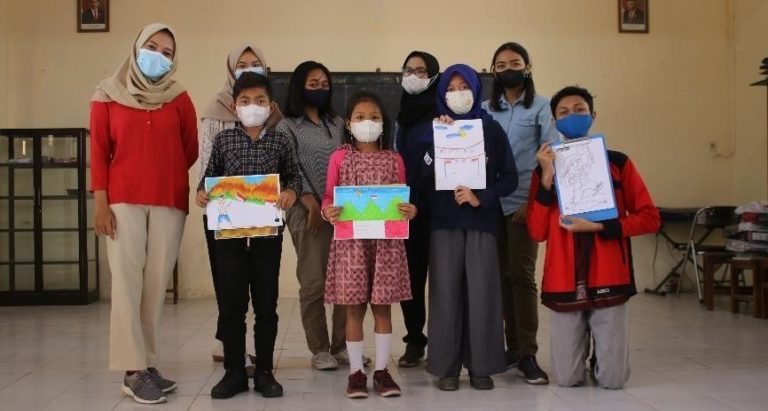
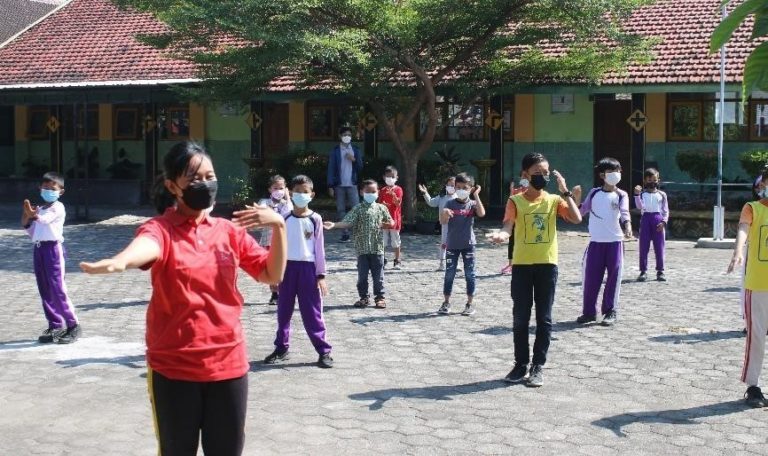
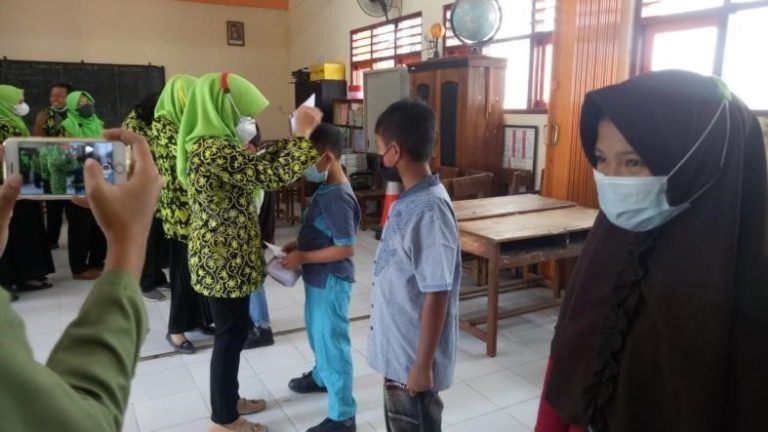
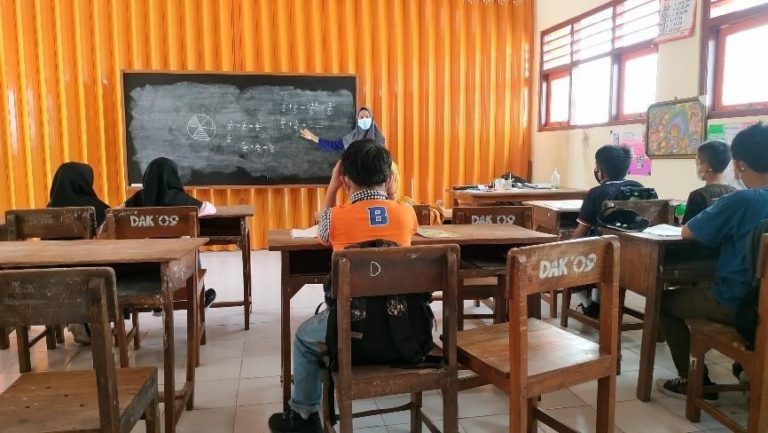
Reza noted that he gained many interesting experiences through the Kampus Mengajar program that he might not have encountered otherwise. “The teaching methods focused more on practice and self-exploration rather than theory. This approach is suitable for young students who are active and enjoy playing. They were more interested in such methods, such as short films related to certain subjects, practical activities in science and mathematics, and integrating games into the lessons. Providing rewards as a form of appreciation for active participation also proved effective. Interestingly, I was the only male in the team, and many first, second, and sixth-grade students were more attached to me than to my female team members,” he shared.
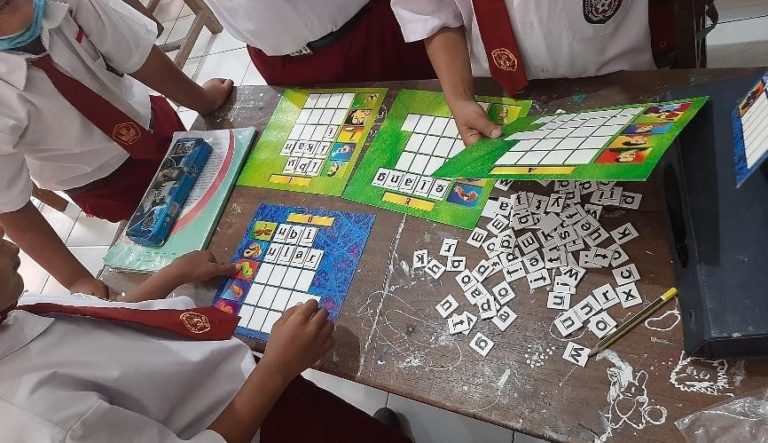
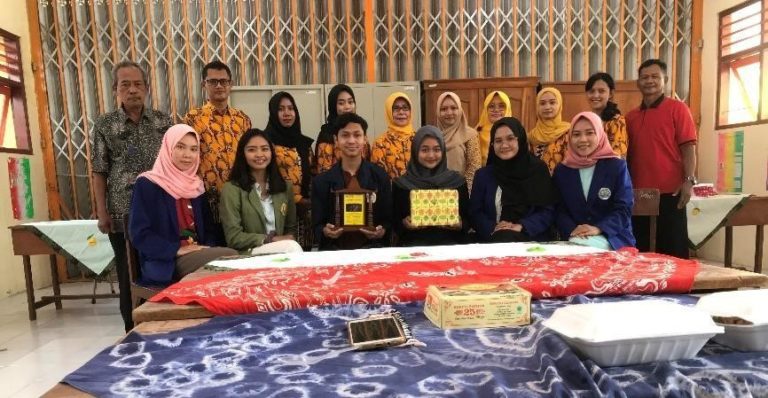
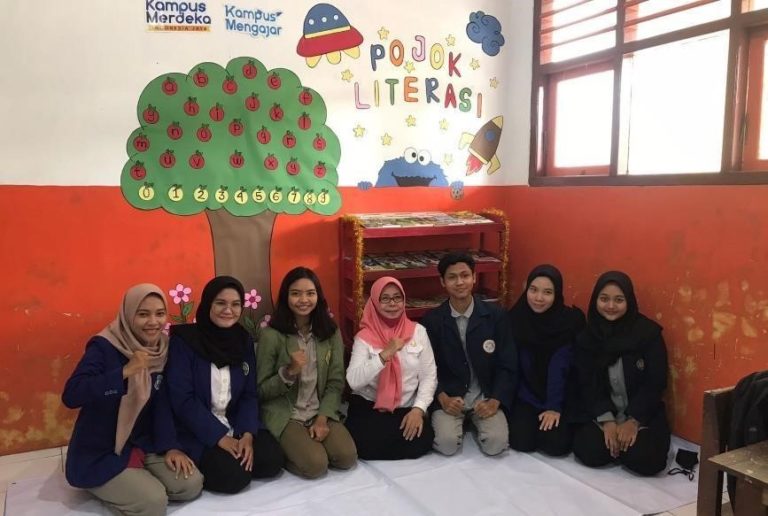
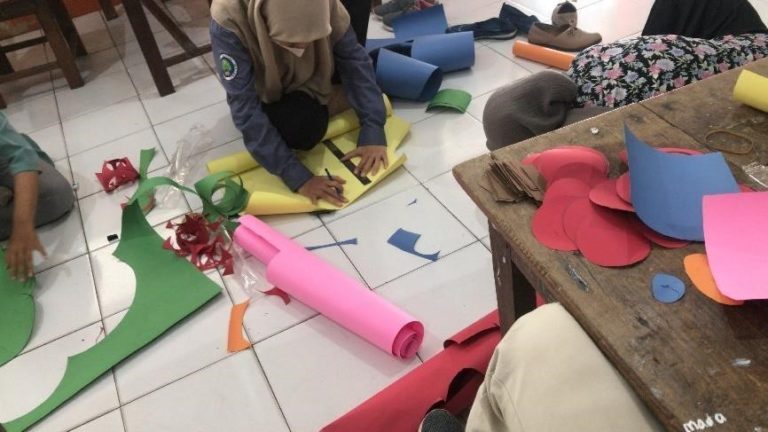
After the second batch of the Kampus Mengajar program ended, Reza hoped for significant or gradual improvements in facilities, academics, and administration. He also wished for future Kampus Mengajar teams to be placed at SDN Ngampel 1 in Kediri to continue developing innovations and creativity, providing greater benefits and addressing existing issues. “Join Kampus Mengajar; there are many benefits to gain,” he encouraged.
The Kampus Mengajar program aligns with several SDGs, including ensuring healthy lives and promoting well-being for all ages, ensuring inclusive and equitable quality education, promoting lifelong learning opportunities for all, achieving gender equality and empowering all women and girls, and ensuring availability and sustainable management of water and sanitation for all.
